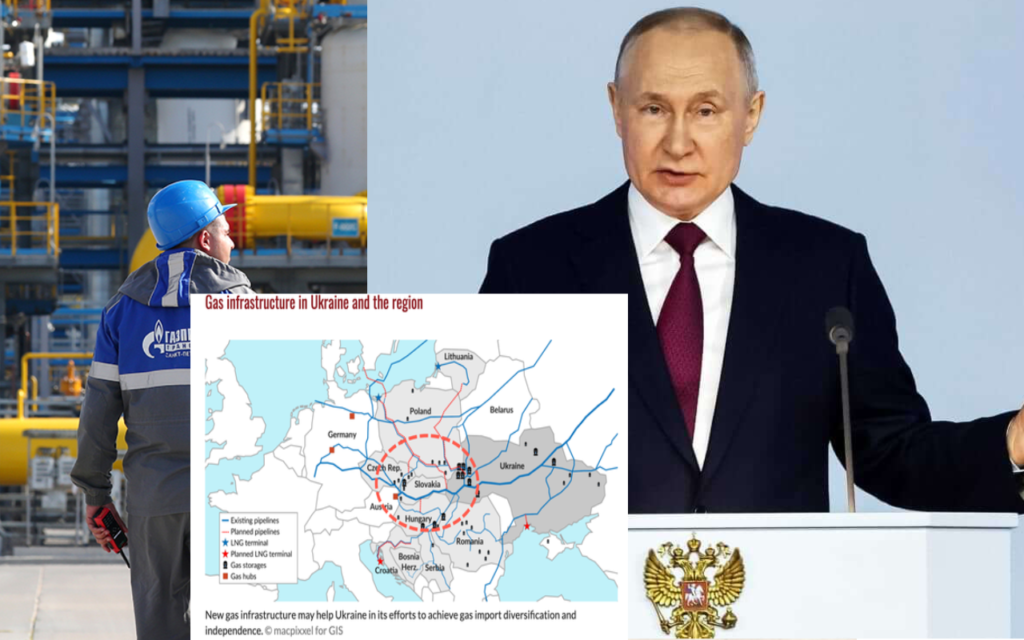Table of Contents

Geopolitical Tensions and Energy Security: The Expiration of the Russia-Ukraine Gas Transit Agreement
The complexities surrounding energy security and geopolitics in Europe. Several key points emerge from Putin’s remarks and the situation:
End of the Gas Transit Agreement
- The current five-year gas transit deal between Russia and Ukraine is set to expire at the end of the year, and no new agreement has been finalized. This could disrupt gas flows through the Urengoy-Pomary-Uzhgorod pipeline, a significant transit route for Russian gas heading to Central Europe.
Ukraine’s Position
- Putin claims Ukraine refused to renew the agreement, which he characterizes as an action that punishes Europe. However, this statement reflects Russia’s narrative, and Ukraine may have its own reasons tied to broader political and security concerns, especially given the ongoing conflict between the two nations.
Reduced Importance of Russian Gas
- The 15 billion cubic meters (bcm) of gas transported via Ukraine in 2023 constitute a relatively small percentage of Europe’s total imports compared to earlier years. This decline reflects Europe’s efforts to diversify energy sources, particularly in response to geopolitical tensions.
Pipeline Dynamics
- The Urengoy-Pomary-Uzhgorod pipeline, which traverses territory now controlled by Ukraine, remains a symbol of the enduring energy interdependence between Russia and Europe, despite reduced volumes.
- Putin mentioned readiness to supply gas via the Yamal-Europe pipeline through Poland, emphasizing Russia’s intent to remain a key supplier to Europe despite sanctions and other geopolitical barriers.
Legal and Logistical Hurdles
- Putin cited a lawsuit as a barrier to concluding a new contract. Legal disputes and differing political agendas further complicate the resumption of transit agreements.
Impact on Europe
- While the reliance on Russian gas has decreased significantly due to Europe’s diversification and shifts to LNG and renewable sources, any disruption still carries economic and energy security risks for countries in Central and Eastern Europe.
This situation underscores the fragile balance of Europe’s energy landscape and the ongoing geopolitical tensions influencing energy policies.